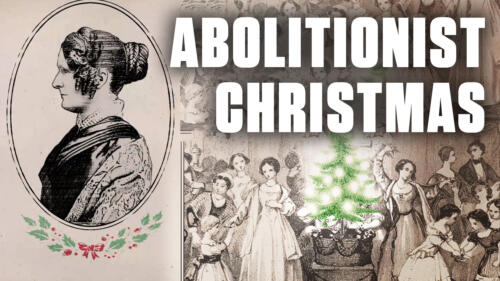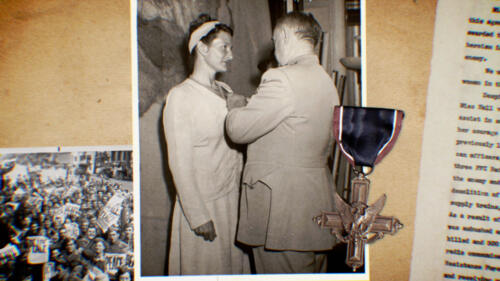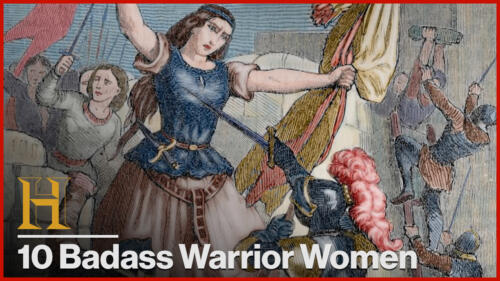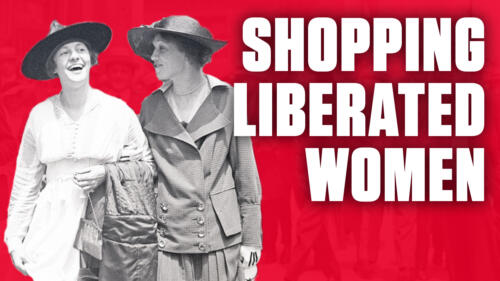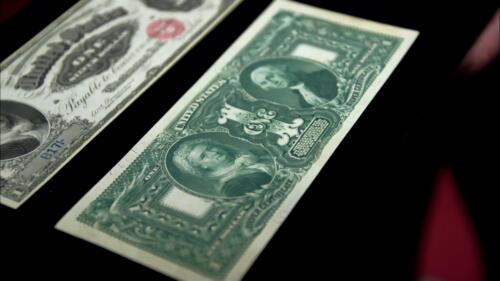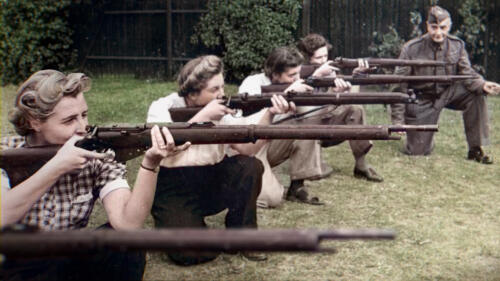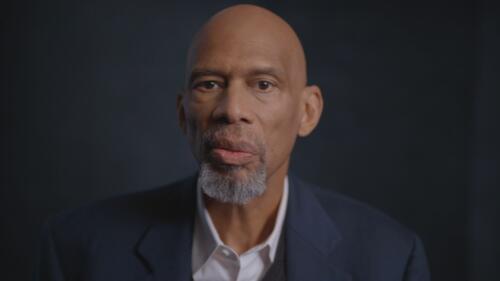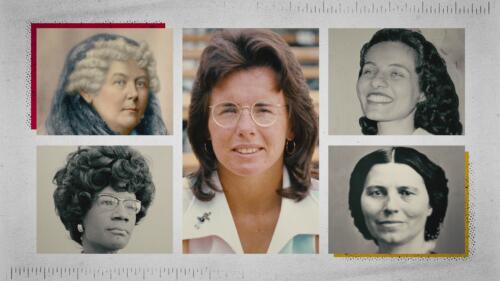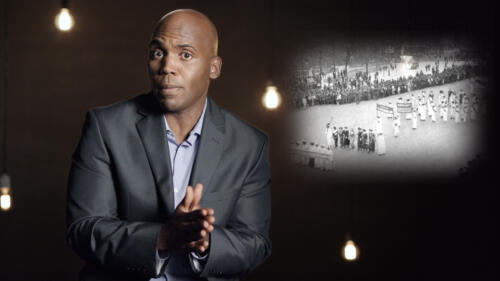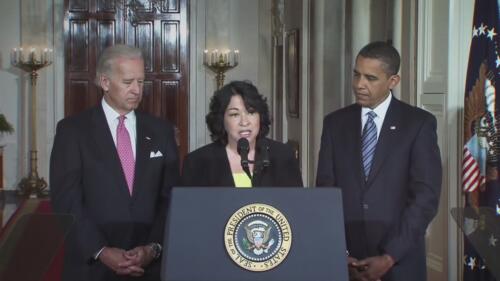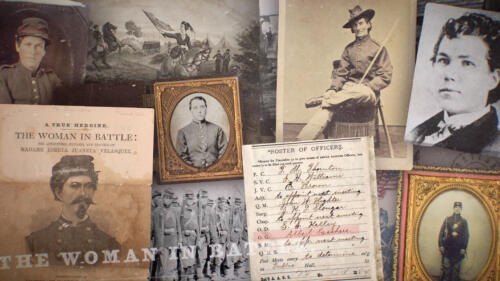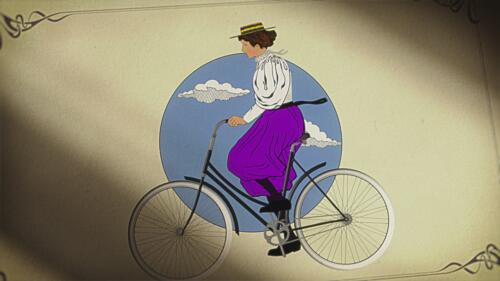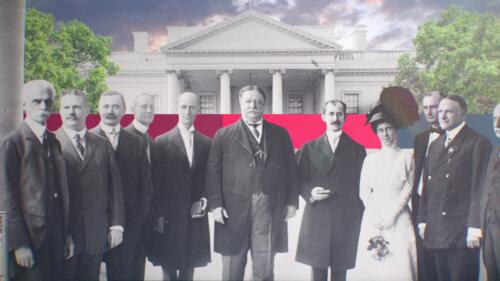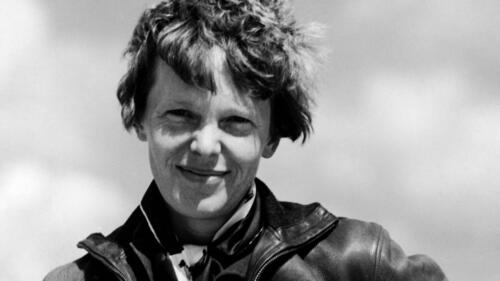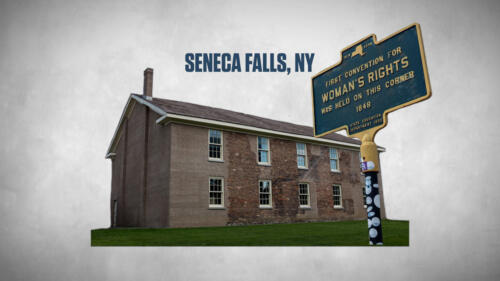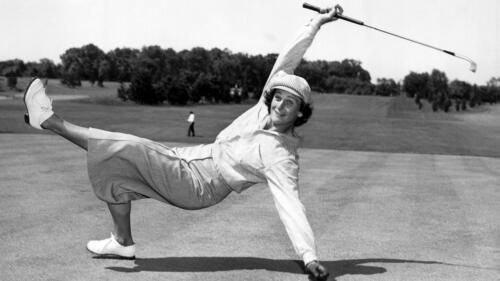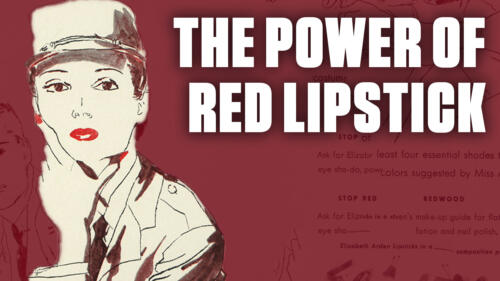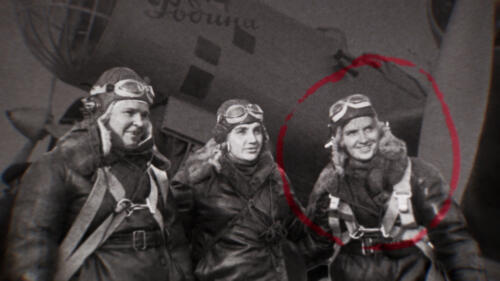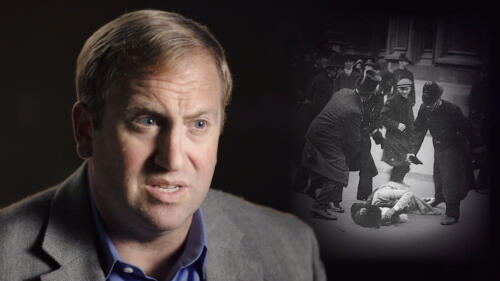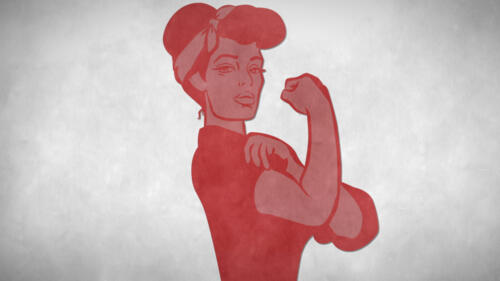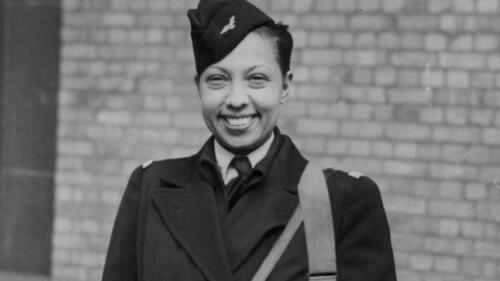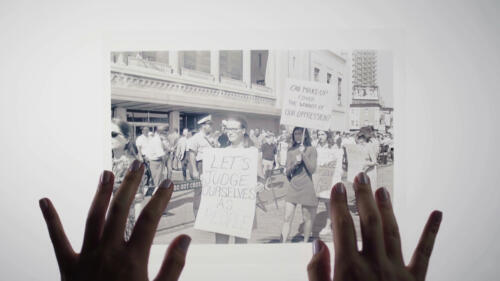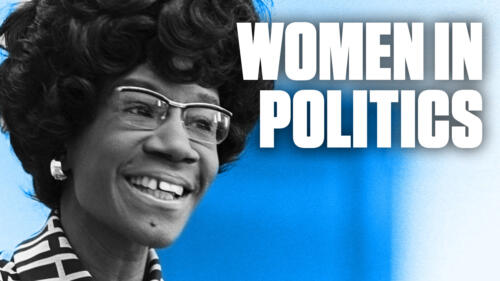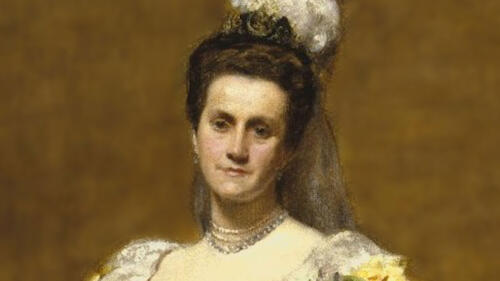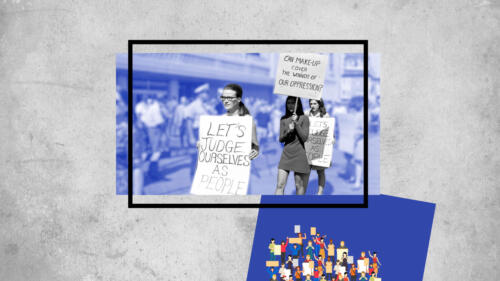Playlist
Women’s History
How Women Used Christmas to Fight Slavery
To finance the abolition cause, women organized Christmas bazaars that sold donated gifts and trumpeted the anti-slavery message.
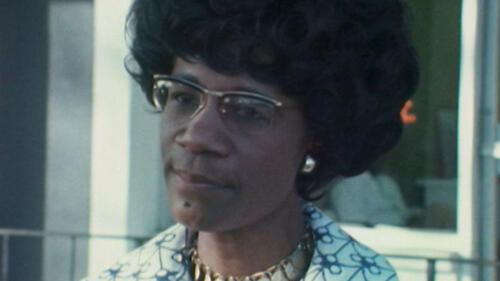
Shirley Chisholm: A Groundbreaking Legacy
In 1968 Shirley Chisholm became the first Black woman elected to Congress, and in 1972 she was the first Black major party candidate to run for president. But beyond being a first, who was Shirley Chisholm? And how does her legacy impact us all today?
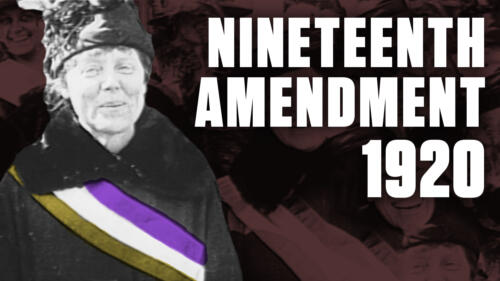
Women Vote After 19th Amendment Passed
After decades of organizing, lobbying, and protesting, American women finally gained the right to vote with the ratification of the Nineteenth Amendment in 1920. This film offers rare footage of the struggle leading up to and including that pivotal moment.
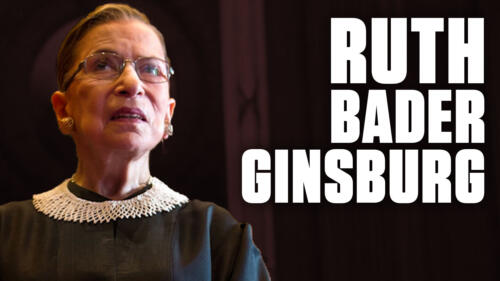
Ruth Bader Ginsburg, Brooklyn's Own Supreme Court Justice
Ruth Bader Ginsburg has achieved legendary status as the second woman ever appointed to the United States Supreme Court. But her path to Associate Justice was not an easy one, filled with obstacles faced by countless 20th century women looking to break into male-dominated professions.
